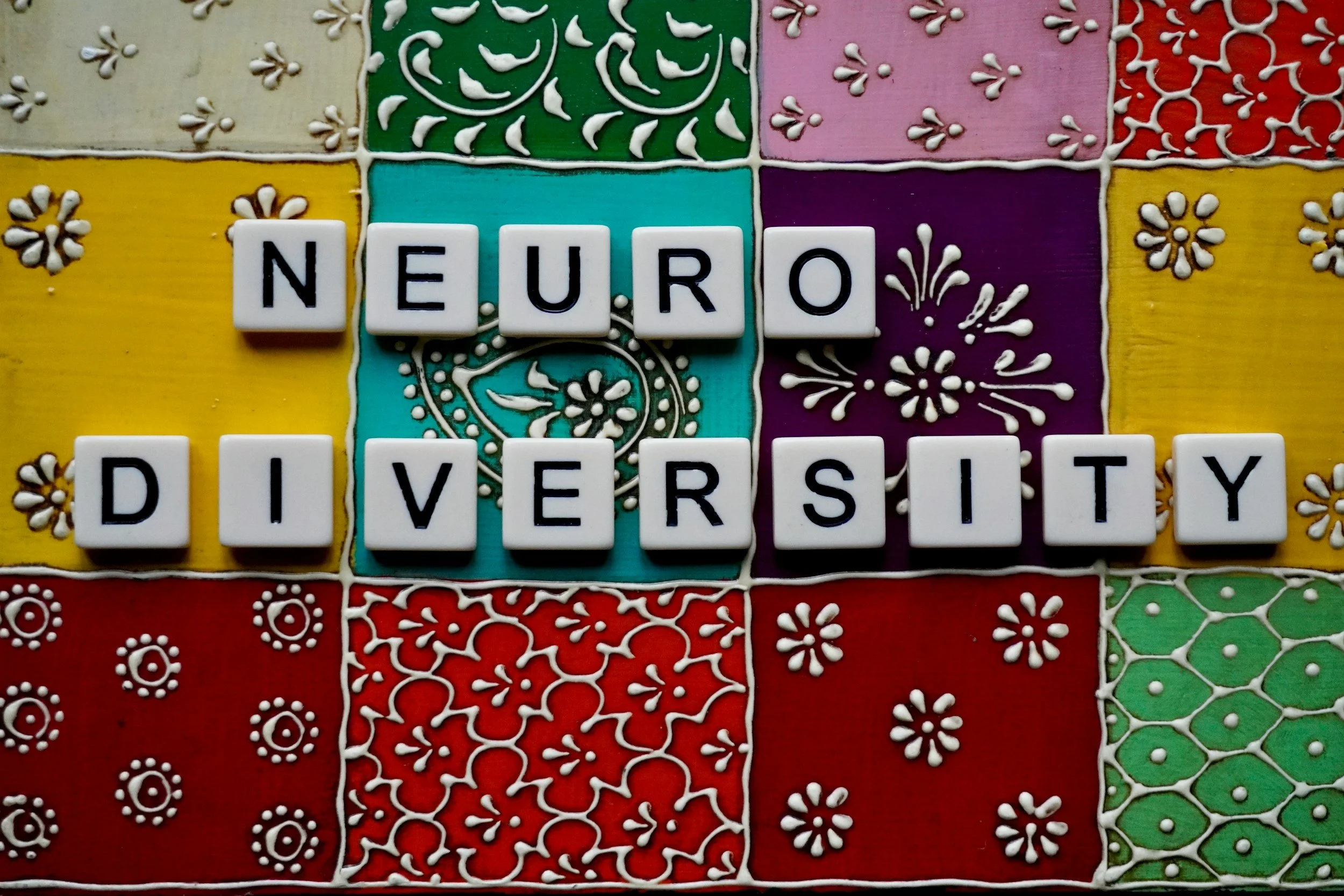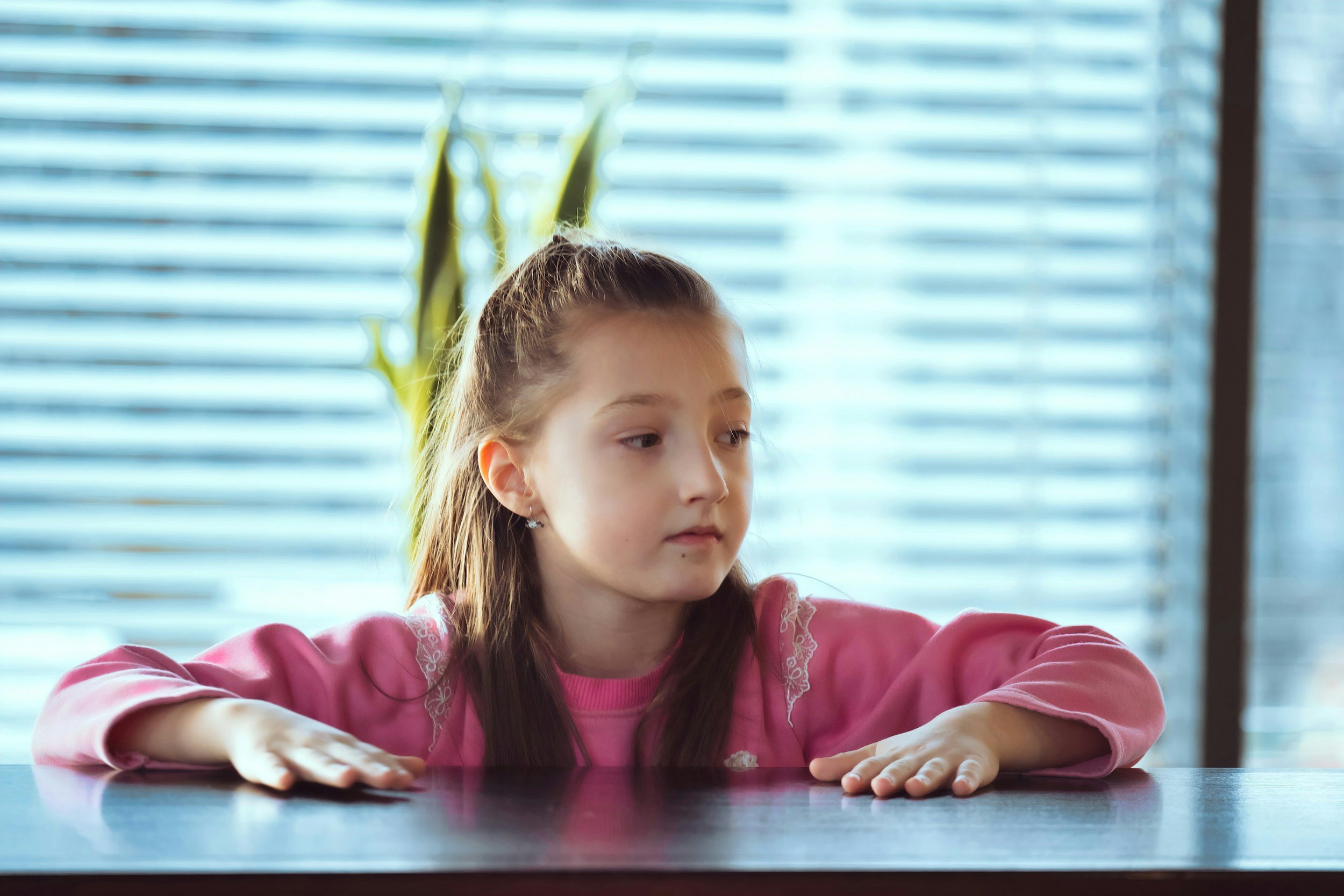
Helping Children Build Empathy and Kindness in Today’s World
Practical strategies for helping children develop empathy and kindness in today’s fast-paced world. Learn how to support emotional awareness, model compassion, and use stories and play to nurture social-emotional skills.

Understanding Twice Exceptionality (2e): When Giftedness and Challenges Coexist
Parenting a twice-exceptional child can feel confusing and isolating. You may see advanced thinking, creativity, or insight alongside emotional overwhelm, perfectionism, or shutdown. When giftedness and challenges coexist, children are often misunderstood, and parents are left wondering why traditional strategies do not work. Understanding twice exceptionality helps families shift from confusion to clarity and from pressure to compassion.

Parenting Neurodivergent Kids: Embracing Differences
Many parents are hearing the word “neurodivergent” more often and wondering what it truly means for their child. Neurodivergence describes natural differences in how a brain works, learns, and understands the world, and embracing these strengths can deeply support a child’s confidence and mental health. This guide helps parents understand neurodiversity and offers practical ways to support neurodivergent children at home and at school.

Creating a Mental Health Toolkit for Your Tween
Tweens experience big shifts academically, socially, and emotionally, and it can be hard to know how to support them as they grow. Creating a Mental Health Toolkit gives your child a simple and empowering way to navigate stress, build coping skills, and understand their feelings. Learn how to help your tween create a toolkit that supports confidence, emotional safety, and resilience.

Supporting Your Anxious Child Before Holiday Gatherings
Holiday gatherings can feel overwhelming for children, especially when routines shift and social expectations grow. In this post, we share simple, therapist-informed ways to help kids manage anxiety and feel more supported before family events. With preparation and gentle coping tools, your child can approach the holidays with more confidence and comfort.

Talking With Your Teen about Consent and Boundaries
Talking about consent and boundaries with your teen can feel uncomfortable, but it is one of the most important conversations you can have. Learn how to start the discussion, keep it going, and build a foundation of trust and respect that helps your teen navigate relationships safely.

The Phases of Play Therapy: What Parents Can Expect
Play therapy is a powerful way for children to heal, grow, and express themselves. Learn about the four key phases of play therapy: trust, exploration, growth, and closure, and what parents can expect along the way.

What to Expect in Your First Counseling Session
Beginning therapy can feel intimidating, but knowing what to expect can make it easier. Learn how first sessions work for children, teens, and adults at Reach Counseling.

The Power of One-on-One Parent-Child Time
Busy schedules make it easy to miss small moments of connection, yet even ten minutes of one-on-one time can have a lasting impact. Learn how to follow your child’s lead, be fully present, and strengthen your bond in simple, meaningful ways.

What Your Child’s Behavior Is Trying to Tell You After School
The end of the school day often brings big emotions. Whether your child comes home tearful, irritable, or withdrawn, behavior is their way of communicating. Understanding what’s underneath helps parents respond with empathy and support. In this post, we share insights and strategies to help you decode after-school behavior and meet your child’s needs.

What If My Child Resists Therapy? How to Encourage Them Without Forcing It
Is your child hesitant or resistant to therapy? You’re not alone…and it doesn’t mean therapy can’t work. Learn why kids sometimes push back and how you can support them without forcing it. This post shares gentle, practical strategies to help your child feel safe, seen, and ready to engage in therapy at their own pace.

How to Create an Affirming Home Environment for LGBTQ+ Youth
Creating a safe, inclusive, and affirming home environment can make a life-saving difference for LGBTQ+ youths. But it can be confusing understanding how to do that, especially in a world that seems to be constantly changing. Read more about practical ways parents and caregivers can build that kind of supportive space within their own families.

Understanding Mental Health Needs of LGBTQ+ Youth: A Guide for Parents
LGBTQ+ youth face unique mental health challenges, often stemming from discrimination and lack of acceptance, not their identities. This guide helps parents understand how to provide affirming support at home and seek compassionate, identity-affirming therapy. With the right care and environment, LGBTQ+ youth can thrive emotionally and mentally.

What Do I Do If My Child Comes Out to Me? A Parent’s Guide to Providing Support
When your child comes out to you—whether as LGBTQ+, questioning, or exploring their identity—it can bring up a wide range of emotions. This post offers gentle guidance on how to respond with love, support, and curiosity, even if you’re feeling unsure or overwhelmed. You don’t have to have all the answers—your presence and openness are more powerful than you think.

Behind the Bickering: What Sibling Fights Are Really About
Sibling fights might sound like everyday noise in a busy home, but beneath the shouting matches and tattling, there’s often something more going on. In this post, a child and teen therapist unpacks what sibling rivalry is really about—hint: it’s not just about who had the remote first—and how parents can respond in ways that build emotional awareness, connection, and long-term relationship skills.

How to Help Your Teen with Time Management
No parent wants to see their teen struggling to manage their daily responsibilities and school work. Here at Reach Counseling, our therapists have experience helping family and teens learn helpful habits and tools to increase their ability with time management. Here is a brief guide we’ve put together of some ways that you can begin to help your teen!

Promoting Positive Self-Esteem in Children and Teens
Boost your child’s confidence with practical strategies! Learn how to foster resilience and a strong sense of self-worth in children and teens.

Mindfulness Activities for Anxious Children
Looking for practical advice for how to support your child struggling with anxiety? This blog post highlights how anxiety in children often presents, reviews how various techniques can help manage anxiety, and introduces new mindfulness exercises.

Teen Blues or Something More? Identifying and Tackling Teenage Depression
Adolescence is filled with emotional ups and downs, but how can parents distinguish between typical mood swings and clinical depression? At Reach Counseling, we understand that teen mental health is complex. This guide breaks down the differences, highlights key warning signs, and provides expert-backed strategies for supporting your teen. Early recognition and intervention can make all the difference—let’s navigate this together.

The Silent Struggles of ‘Good Kids’: Recognizing Hidden Anxiety and Depression
Some children appear to have everything under control, excelling academically, following the rules, and rarely causing trouble. However, beneath the surface, they may be silently struggling with anxiety, self-doubt, or depression. Learn how to recognize the hidden signs of distress in high-achieving kids and ways to support them in opening up.
